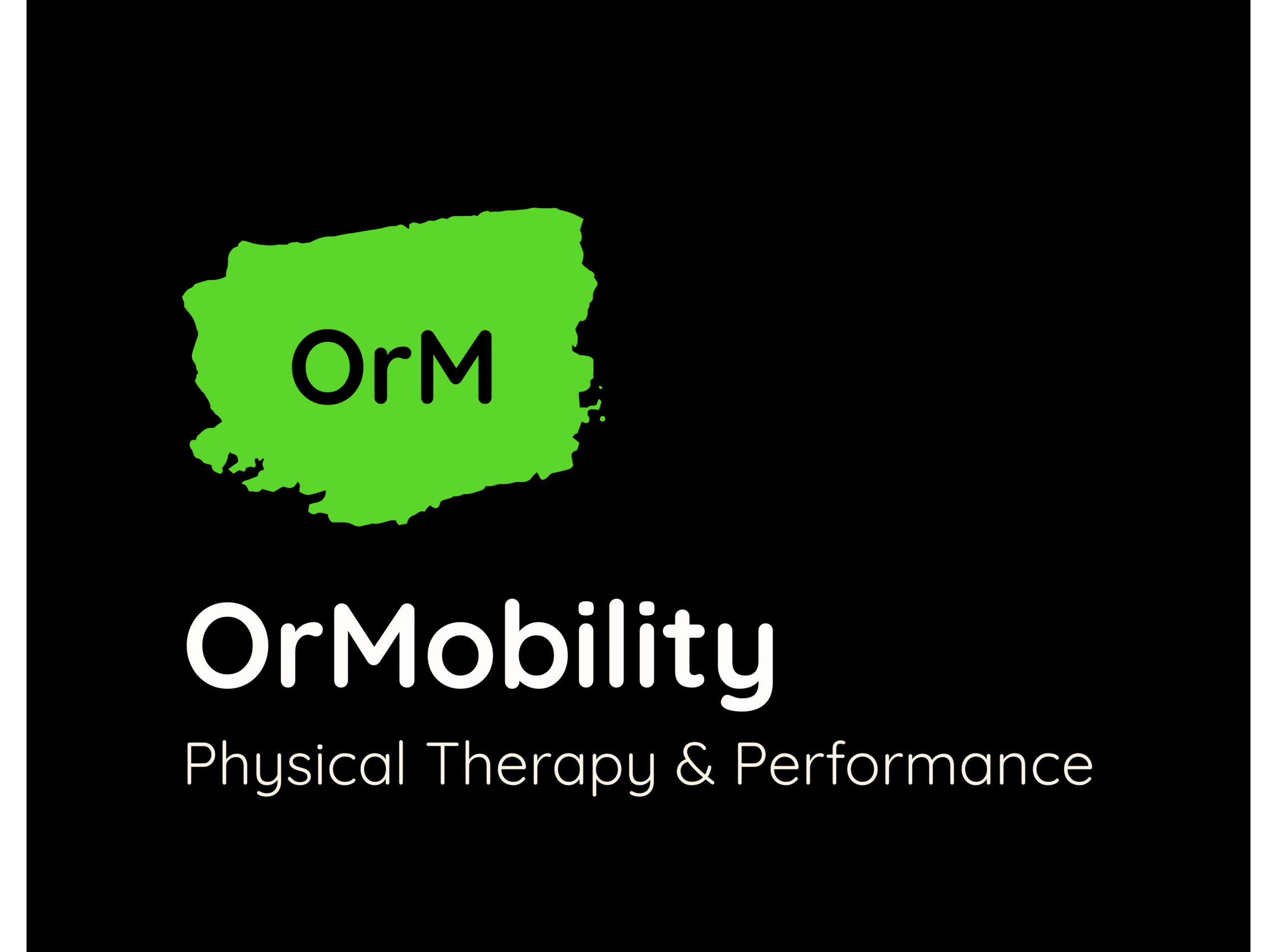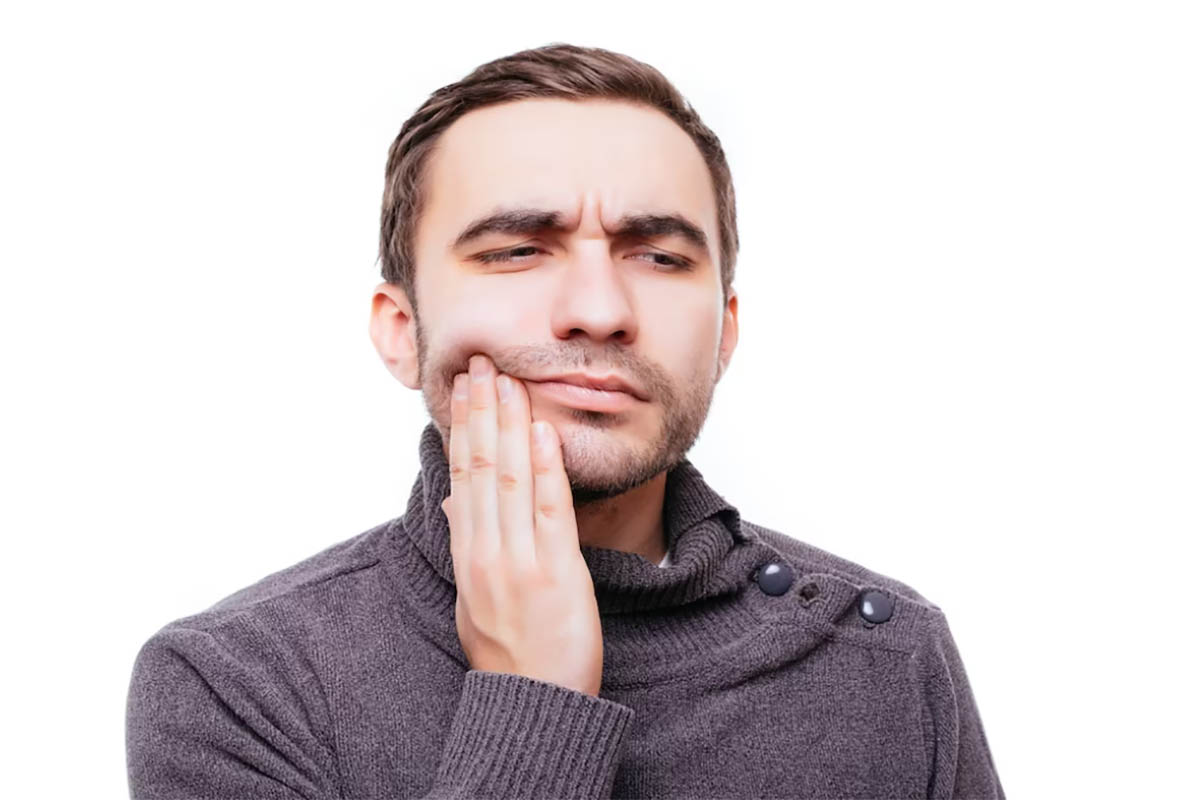Introduction
Temporomandibular Joint (TMJ) disorder is a common condition that affects the jaw joint and the surrounding muscles. TMJ jaw pain can be debilitating, impacting a person’s ability to eat, speak, and perform daily activities. In this comprehensive article, we will explore the causes, symptoms, treatment options, and self-help remedies for TMJ jaw pain. Additionally, we will address frequently asked questions and offer tips for prevention. Whether you are seeking relief from TMJ pain or looking to learn more about this condition, this article has got you covered.
Table of Contents
- What is TMJ Jaw Pain?
- Causes of TMJ Jaw Pain
- Symptoms of TMJ Disorder
- Diagnosing TMJ Jaw Pain
- Treatment Options for TMJ Pain
- a. Lifestyle Changes and Self-Help Remedies
- b. Medications for TMJ Pain
- c. Physical Therapy and Exercises
- d. Dental Treatments for TMJ Disorder
- Relief from TMJ Pain: Home Remedies
- Frequently Asked Questions (FAQs)
- Prevention Tips for TMJ Jaw Pain
- Conclusion
1. What is TMJ Jaw Pain?
The temporomandibular joint (TMJ) is a hinge-like joint that connects the jawbone to the skull. TMJ disorder, also known as TMD, is a condition characterized by pain and dysfunction in this joint and the surrounding muscles. TMJ jaw pain can manifest as a result of various factors, including injury, stress, teeth grinding, or arthritis.
2. Causes of TMJ Jaw Pain
Understanding the underlying causes of TMJ jaw pain is essential for effective treatment and management. Some common causes include:
- Bruxism (Teeth Grinding): Clenching or grinding of teeth, often during sleep, can put excessive pressure on the TMJ, leading to pain and discomfort.
- Trauma or Injury: A blow to the jaw or face, whiplash, or accidents can damage the TMJ and trigger pain.
- Arthritis: TMJ pain may arise from different types of arthritis, such as rheumatoid arthritis or osteoarthritis.
- Stress and Tension: Stress can lead to jaw clenching and muscle tension, contributing to TMJ pain.
- Malocclusion (Misalignment of Teeth): Poor bite alignment can strain the TMJ, leading to pain and dysfunction.
- Joint Disk Displacement: The cushioning disk within the TMJ may move out of its proper position, causing jaw pain.
3. Symptoms of TMJ Disorder

TMJ disorder can manifest in a variety of ways, and symptoms may vary from person to person. Common symptoms of TMJ jaw pain include:
- Jaw Pain: Persistent or intermittent pain in the jaw joint is a hallmark symptom of TMJ disorder.
- Facial Pain: Pain may radiate to the face, temples, or ears.
- Clicking or Popping Sounds: Some individuals may experience clicking, popping, or grating noises when moving their jaw.
- Limited Jaw Movement: Difficulty in fully opening or closing the mouth is common in TMJ disorder.
- Ear Pain: TMJ pain can be mistaken for earaches or ear infections due to the close proximity of the jaw joint to the ears.
- Headaches: Chronic headaches, often resembling tension headaches, can occur as a result of TMJ issues.
- Neck and Shoulder Pain: TMJ pain may cause discomfort in the neck and shoulders.
- Chewing Difficulty: Pain and discomfort can make eating and chewing challenging.
4. Diagnosing TMJ Jaw Pain
If you suspect you have TMJ disorder, it is essential to consult a healthcare professional or a dentist for a thorough evaluation. The diagnostic process may include:
- Medical History: The healthcare provider will inquire about your symptoms, medical history, and any recent injuries or accidents.
- Physical Examination: A comprehensive examination of the jaw, face, and neck will be conducted to assess the TMJ’s range of motion and look for signs of inflammation.
- Imaging: X-rays, CT scans, or MRI may be ordered to get a detailed view of the TMJ and rule out other potential causes of jaw pain.
5. Treatment Options for TMJ Pain

The treatment of TMJ jaw pain is multifaceted and can involve various approaches to address the underlying causes and provide relief. Some common treatment options include:
a. Lifestyle Changes and Self-Help Remedies
- Rest and Jaw Exercises: Avoid excessive jaw movements and perform gentle jaw exercises to strengthen and stretch the jaw muscles.
- Dietary Modifications: Stick to soft foods that require less chewing to reduce strain on the TMJ.
- Heat or Ice Packs: Applying heat or cold packs to the jaw area can alleviate pain and inflammation.
- Stress Management: Practicing relaxation techniques like meditation or yoga can help reduce jaw clenching caused by stress.
b. Medications for TMJ Pain
- Pain Relievers: Over-the-counter pain relievers like ibuprofen or acetaminophen can help manage mild to moderate TMJ pain.
- Muscle Relaxants: Prescription muscle relaxants may be prescribed to reduce muscle tension in the jaw area.
- Topical Creams: Topical creams containing menthol or capsaicin can offer temporary pain relief.
c. Physical Therapy and Exercises
- Physical Therapy: A physical therapist can provide targeted exercises to improve jaw mobility and alleviate pain. If you’re in Roseburg, OrMobility, consider exploring Physical Therapy Roseburg for personalized care and effective solutions to jaw pain.
- Ultrasound Therapy: Ultrasound treatment can help reduce inflammation and promote healing.
d. Dental Treatments for TMJ Disorder
- Oral Splints or Mouthguards: Custom-fitted oral appliances can help reduce teeth grinding and provide relief for TMJ pain.
- Bite Adjustment: Dental treatments that correct misalignment or malocclusion may be recommended to alleviate TMJ symptoms.
6. Relief from TMJ Pain: Home Remedies
While seeking professional treatment is crucial, some self-help remedies can be practiced at home to alleviate TMJ pain and discomfort:
- Jaw Stretching Exercises: Gentle jaw stretches can improve flexibility and relieve tension in the jaw.
- Relaxation Techniques: Engage in stress-reduction techniques like deep breathing and progressive muscle relaxation.
- Warm Compresses: Applying a warm compress to the jaw area can ease muscle tension and reduce pain.
- Avoid Chewing Gum: Chewing gum can exacerbate TMJ pain, so avoiding it can be beneficial.
- Posture Improvement: Maintaining good posture can help reduce strain on the jaw and neck muscles.
7. Frequently Asked Questions (FAQs)
- Can TMJ jaw pain go away on its own?
In some cases, mild TMJ pain may resolve on its own with self-help remedies and lifestyle changes. However, chronic or severe TMJ pain may require professional intervention. - Can stress worsen TMJ disorder?
Yes, stress and anxiety can lead to jaw clenching and exacerbate TMJ symptoms. - Is surgery the only option for severe TMJ pain?
Surgery is usually considered a last resort and is only recommended for severe and unresponsive cases.
Should you wish to know more about treating your TMJ. For further TMJ resources, go to Sutherlin PT.


